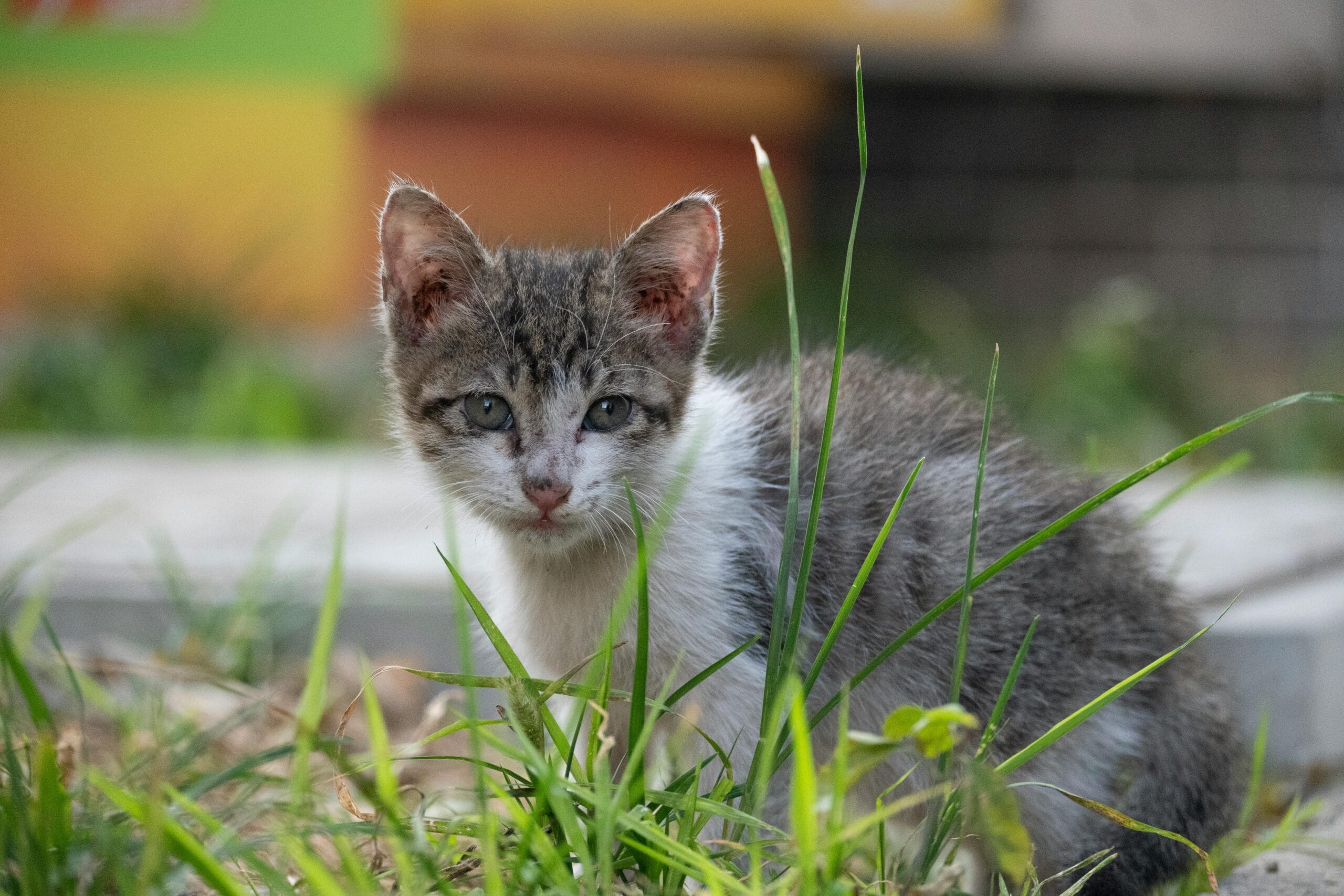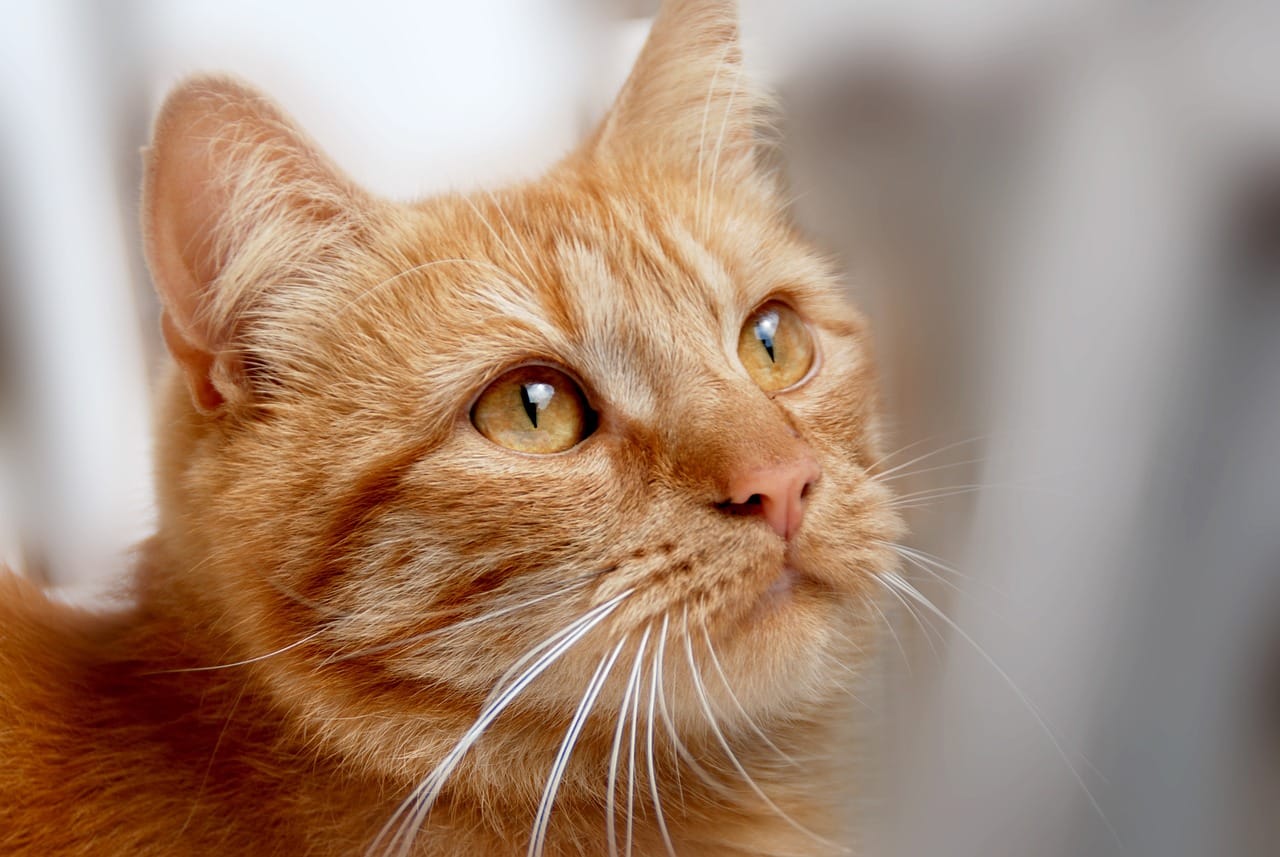Can a cat only have one kitten? Discover how many kittens a cat can have in a single litter! Learn about the possibilities of a cat giving birth to one kitten and more. Get your answers now!
Can a Cat Only Have One Kitten? Understanding Feline Births
The question, “Can a cat only have one kitten?” is a common one among cat owners and enthusiasts. The short answer is yes, it’s possible, though uncommon. While multiple kittens are the norm, a queen (female cat) can indeed give birth to just a single kitten. This article will delve into the reasons behind this variability, exploring factors influencing litter size and addressing related concerns such as how many kittens can a cat have and the implications of a cat giving birth to one kitten.
Understanding Litter Size in Cats: How Many Kittens Can a Cat Have?
The number of kittens in a litter varies greatly depending on several factors. Breed, age, and overall health of the queen all play a significant role. While some breeds are predisposed to larger litters, others may naturally have smaller ones. A young, first-time mother might have a smaller litter than a more experienced queen. The queen’s nutritional status before and during pregnancy is also crucial; proper nutrition supports the development of multiple healthy fetuses. Generally, a queen can have anywhere from one to ten kittens, with the average litter size being around four to six. However, a cat giving birth to one kitten is not necessarily a cause for alarm, as long as the single kitten is healthy.
It’s important to remember that a large litter doesn’t automatically equate to healthier kittens. In fact, smaller litters can sometimes result in larger, healthier kittens due to access to more resources during gestation and lactation. Sometimes, queens may reabsorb some of the fetuses during pregnancy, leading to a smaller litter size than initially expected. This is often a natural response to stress or nutritional deficiencies.
Why a Cat Might Only Have One Kitten
Several factors can contribute to a queen having only one kitten. These include:
- Genetics: Some queens are simply genetically predisposed to having smaller litters. This is often breed-specific.
- Age: Younger or older queens might have smaller litters than those in their prime reproductive years.
- Health issues: Underlying health problems in the queen can affect fertility and the number of viable fetuses. Infections or hormonal imbalances can significantly impact litter size.
- Nutrition: Inadequate nutrition during pregnancy can lead to fewer kittens surviving to birth.
- Stress: Stressful environments can negatively impact pregnancy and could contribute to a smaller litter or even fetal resorption.
It’s crucial to consult a veterinarian if you’re concerned about your cat’s pregnancy or the size of the litter. They can conduct tests to rule out any underlying health issues affecting fertility and provide guidance on ensuring a healthy pregnancy and delivery. If your cat is exhibiting unusual behavior during pregnancy, such as excessive aggression or isolation, it’s important to seek veterinary advice. Remember that sometimes, unfortunately, kittens are stillborn or die shortly after birth; this is tragically sometimes the case even in larger litters. Understanding the potential reasons for this is vital to supporting your cat’s well-being. A great resource to learn about potential dangers is to read about when a mother cat may exhibit concerning behaviors, such as do cats eat their kittens? This can be a sign of stress or other underlying issues.
Caring for a Single Kitten
Caring for a single kitten is essentially the same as caring for a kitten from a larger litter. The queen will still instinctively nurture and care for her offspring. However, you should monitor the single kitten closely to ensure it is thriving and gaining weight appropriately. Regular veterinary checkups are essential to ensure its health and development.
Remember that even if a mother cat is usually well-behaved, things can change with kittens and new motherhood. If you experience concerns about potential harm to the kitten, you can read about why this may be the case, such as why do cats hiss at kittens? It’s important to manage the situation with the cat and the kitten’s well-being as the priority.
The Importance of Spaying/Neutering
Regardless of litter size, responsible pet ownership involves spaying or neutering your cat. This prevents unwanted pregnancies, reduces the risk of certain health problems, and helps control the pet overpopulation crisis. There’s extensive information available on the timing and benefits of these procedures, such as when to consider the option to fix kittens. It’s a significant part of responsible cat ownership.
Understanding feline behavior is also key to ensuring a healthy environment for your cat and her kittens. For example, if you’re concerned about the father of the kittens being a threat, consider the possibility of male cats killing kittens and take appropriate precautions. Similarly, understanding the less obvious dangers like do male cats eat kittens? can help you prepare for various scenarios.
Further Research and Resources
For more in-depth information on feline reproduction, I recommend exploring resources from reputable veterinary organizations. The American Veterinary Medical Association (AVMA) provides comprehensive information on cat health and care. Visit their website to learn more. Additionally, the Cornell University College of Veterinary Medicine offers excellent resources on various aspects of animal health and care. Check out their website. These resources can provide you with detailed information about feline pregnancy, kitten care, and responsible pet ownership.
Conclusion: Addressing the Question “Can a Cat Only Have One Kitten?”
In conclusion, while a multiple-kitten litter is more common, a cat giving birth to one kitten is entirely possible. Several factors can influence litter size, including genetics, age, health, and nutrition. If you’re concerned about your cat’s pregnancy or the number of kittens she’s carrying, consult a veterinarian for professional guidance. Remember that responsible pet ownership includes understanding the reproductive cycle of your feline companion and providing the best possible care for both the queen and her kittens.
Have you ever experienced a cat giving birth to a single kitten, or a litter of many? Share your experiences and insights in the comments below! Let’s discuss different scenarios related to how many kittens can a cat have and how we’ve cared for our feline mothers and their little ones! Let’s learn from each other’s experiences regarding can a cat only have one kitten and related situations.

Frequently Asked Questions: Cat Births
- Can a cat only have one kitten?
- Yes, while uncommon, a cat can give birth to just one kitten. It’s more typical for cats to have multiple kittens in a litter, but a single kitten birth is possible. The term for a single kitten is a singleton.
- How many kittens can a cat have?
- The number of kittens in a litter varies greatly. A cat can have anywhere from one to ten or more kittens, though litters of four to six are most common. The number depends on factors such as the cat’s breed, age, and overall health.
- Is it normal for a cat to have only one kitten?
- No, it’s not the norm for a cat to have only one kitten. While possible, it’s less frequent than larger litters. A single kitten birth isn’t necessarily a cause for concern, but it’s worth monitoring the mother’s health and the kitten’s development.
- Cat giving birth to one kitten: Is there something wrong?
- Not necessarily. A single kitten birth (cat giving birth to one kitten) doesn’t automatically indicate a problem. However, if there are other complications, like difficulty during labor or health issues in the mother or kitten, veterinary attention is recommended.
- What causes a cat to only have one kitten?
- The exact reason for a singleton birth isn’t always clear. Factors such as age, health, and genetics can all play a role. Sometimes, only one fertilized egg successfully implants.
- Can a cat have only one kitten in its first litter?
- Yes, a cat can have a singleton litter (Can A Cat Only Have One Kitten) even during its first pregnancy. It’s not predictive of future litter sizes.
- How many kittens is too many?
- While cats can have surprisingly large litters, extremely large litters (8+ kittens) can lead to challenges for the mother and may increase the risk of kitten mortality due to competition for resources.
- My cat only had one kitten. Should I be concerned?
- While not unusual, it’s a good idea to monitor both the mother and kitten closely. Ensure the kitten is nursing properly and gaining weight. Consult a vet if you have any concerns.
- Can a cat have one kitten and then more later in the same pregnancy?
- No, the number of kittens a cat will have is determined before birth. It’s not possible for a cat to deliver kittens at different times in a single pregnancy.
- Is it harder to care for a single kitten?
- Caring for a single kitten versus a litter can be similar in many ways. However, a singleton kitten might require more attention to ensure proper socialization and development, potentially requiring more frequent interaction.

Can a Cat Only Have One Kitten?
While it’s possible for a cat to have only one kitten in a litter, it’s uncommon. Most cats have multiple kittens, typically ranging from one to ten, with an average of four to six. The number of kittens depends on several factors including the cat’s breed, age, overall health, and genetics. A single kitten litter isn’t necessarily a cause for concern, but it’s always wise to monitor the mother cat and kitten closely for any health issues. If you are concerned about the mother cat’s behavior, such as hissing at the kitten, you can read more about this at this link.
A queen (female cat) may only have one kitten due to several reasons, including limited ovulation during pregnancy. Sometimes, reabsorption of embryos can also occur, leading to fewer kittens being born. It’s important to note that a single kitten might require more attention from the mother. Make sure she has ample space and resources for a comfortable nursing environment. A lack of proper maternal care can lead to problems, and in extreme cases, sadly, mothers may unfortunately resort to eating their kittens. Learn more about this concerning possibility at this article.
If you have a male cat living with a queen and her newborn kitten, it’s crucial to understand the risks involved. Male cats, even if they are the father, may sometimes harm or even kill kittens. This behavior is often driven by instinct or territoriality. For more information on this potential danger, please see this resource and this resource. It’s generally recommended to separate male cats from the mother and kittens for their safety.
Regardless of the size of the litter, spaying or neutering your cat is crucial for their health and well-being, and prevents unwanted pregnancies. Learn more about the appropriate timing for spaying/neutering kittens at this link.
Health Considerations for Single-Kitten Litters: Closely monitor the kitten’s weight gain, nursing behavior, and overall health. Consult a veterinarian immediately if you notice any issues. Ensure the mother is getting proper nutrition and rest, as she might face challenges if she only has one kitten to care for. Remember, a single kitten still requires the same level of care and attention as a larger litter.
Keywords: single kitten litter, one kitten, cat pregnancy, cat giving birth, kitten health, feline health, mother cat, male cat, kitten care, spaying, neutering, cat behavior
Can A Cat Only Have One Kitten, How many kittens can a cat have, cat giving birth to one kitten